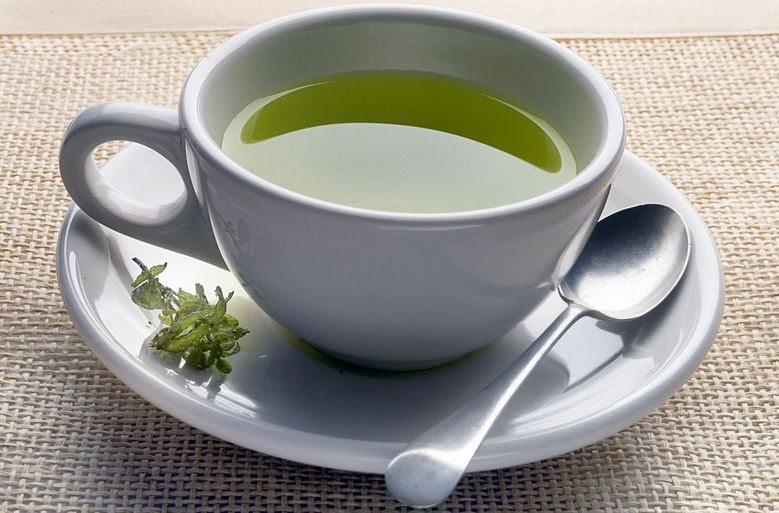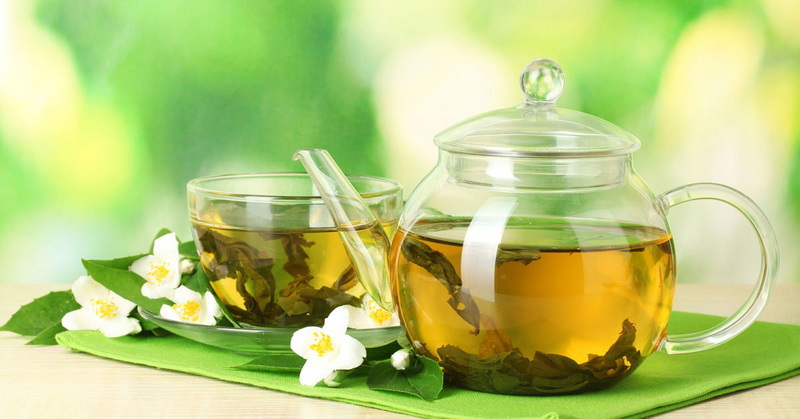Content Menu
● Introduction to L-Theanine
>> L-Theanine in Green Tea
>> Benefits of L-Theanine
● Cognitive Function Enhancement
>> Mechanism of Action
>> Combination with Other Compounds
● Best Formulations for Cognitive Function
>> MarkNature Green Tea Extract 60% L-Theanine
>> TheaGreen® Natural Source of L-Theanine
● Incorporating L-Theanine into Daily Life
>> Dietary Supplements
>> Green Tea Consumption
● Advanced Applications of L-Theanine
>> Stress Reduction and Mood Enhancement
>> Sleep Quality Improvement
● Potential Interactions and Safety
>> Interactions with Medications
>> Dosage Recommendations
● Future Research Directions
>> Neuroprotective Effects
>> Combination Therapies
● Conclusion
● FAQs
>> 1. What is L-theanine and where is it found?
>> 2. How does L-theanine improve cognitive function?
>> 3. What are the best sources of L-theanine?
>> 4. Can L-theanine be combined with other substances for enhanced benefits?
>> 5. Is L-theanine safe for consumption?
● Citations:
In recent years, L-theanine, an amino acid found in green tea, has gained significant attention for its potential benefits on cognitive function. This article will delve into the best formulations of green tea L-theanine 60% for enhancing cognitive abilities, exploring its effects, sources, and how it can be incorporated into daily life.

Introduction to L-Theanine
L-theanine, also known as γ-glutamylethylamide, is a non-proteinogenic amino acid primarily found in green tea and certain mushrooms. It is renowned for its ability to promote relaxation, improve mood, and enhance cognitive functions such as attention and memory.
L-Theanine in Green Tea
Green tea, particularly varieties like matcha and gyokuro, contains high levels of L-theanine. These teas are often shaded for extended periods, which increases their L-theanine content. For instance, matcha can contain up to 2,200 mg of L-theanine per 100 grams, while gyokuro typically has around 1,400 to 1,500 mg per 100 grams.
Benefits of L-Theanine
Research suggests that L-theanine may improve mental focus, enhance cognitive performance, and promote better sleep quality. It is also known for its calming effects, which can help reduce stress levels without causing drowsiness.
Cognitive Function Enhancement
Studies have shown that L-theanine can positively affect cognitive functions such as attention and working memory. A 2021 study found that L-theanine improved attentional function and working memory in older adults.
Mechanism of Action
L-theanine works by influencing neurotransmitter activity in the brain, promoting relaxation and focus. It increases alpha brain wave activity, which is associated with a state of relaxed alertness.
Combination with Other Compounds
Combining L-theanine with other green tea components like catechins and caffeine may enhance its cognitive benefits. Catechins, such as EGCG, have antioxidant properties, while caffeine can transiently improve alertness.
Best Formulations for Cognitive Function
MarkNature Green Tea Extract 60% L-Theanine
MarkNature offers a high-quality, 60% L-theanine extract derived from green tea leaves. This formulation is ideal for dietary supplements aimed at enhancing cognitive clarity and relaxation.
TheaGreen® Natural Source of L-Theanine
TheaGreen provides standardized L-theanine extracts in concentrations of 40% and 60%. These are suitable for cognitive function formulations and offer a natural alternative to chemically synthesized L-theanine.

Incorporating L-Theanine into Daily Life
Dietary Supplements
L-theanine supplements are widely available and can be easily incorporated into daily routines. They are often used in nootropic blends to enhance cognitive performance.
Green Tea Consumption
Drinking green tea is a natural way to consume L-theanine. A typical cup of green tea contains about 30-50 mg of L-theanine.
Advanced Applications of L-Theanine
Stress Reduction and Mood Enhancement
L-theanine is well-documented for its stress-reducing properties. It helps in managing anxiety and promoting a sense of calmness without sedation.
Sleep Quality Improvement
Research indicates that L-theanine may help improve sleep quality by reducing stress and promoting relaxation before bedtime.
Potential Interactions and Safety
Interactions with Medications
While generally safe, L-theanine may interact with certain medications, such as blood thinners and stimulants. It is advisable to consult a healthcare provider before starting any new supplements.
Dosage Recommendations
Typical dosages of L-theanine range from 200 to 400 mg per day. Higher doses may be more effective for cognitive benefits but should be approached with caution.
Future Research Directions
Neuroprotective Effects
Emerging research suggests that L-theanine may have neuroprotective effects, potentially aiding in the prevention of neurodegenerative diseases. Further studies are needed to confirm these findings.
Combination Therapies
Exploring combination therapies involving L-theanine and other cognitive enhancers could lead to more effective treatments for cognitive disorders.
Conclusion
L-theanine, particularly in 60% formulations derived from green tea, offers promising benefits for cognitive function. Its ability to enhance attention, working memory, and mental clarity makes it a valuable component in dietary supplements and nootropic blends. While more research is needed to fully understand its effects, L-theanine is generally considered safe and can be easily incorporated into daily life through supplements or green tea consumption.

FAQs
1. What is L-theanine and where is it found?
L-theanine is a non-proteinogenic amino acid primarily found in green tea and certain mushrooms. It is known for its calming effects and potential cognitive benefits.
2. How does L-theanine improve cognitive function?
L-theanine improves cognitive function by enhancing attention, working memory, and executive functions. It promotes a state of relaxed alertness by increasing alpha brain wave activity.
3. What are the best sources of L-theanine?
The best sources of L-theanine include high-quality green teas like matcha and gyokuro. Dietary supplements with standardized L-theanine extracts are also effective.
4. Can L-theanine be combined with other substances for enhanced benefits?
Yes, combining L-theanine with other green tea components like catechins and caffeine may enhance its cognitive benefits. Catechins provide antioxidant effects, while caffeine can improve alertness.
5. Is L-theanine safe for consumption?
L-theanine is generally considered safe for consumption. However, it is important to follow recommended dosages and consult a healthcare provider if you have any underlying health conditions.
Citations:
[1] https://pmc.ncbi.nlm.nih.gov/articles/PMC8080935/
[2] https://www.medicalnewstoday.com/articles/324120
[3] https://www.naturalmedicinejournal.com/journal/green-tea-and-l-theanine-mild-cognitive-impairment
[4] https://www.youtube.com/watch?v=jEXD3uLw2X4
[5] https://www.marknature.com/products/green-tea-extract-60-l-theanine
[6] https://apjcn.nhri.org.tw/server/APJCN/28/4/740.pdf
[7] https://www.cambridgecommodities.com/news/view,introducing-our-brandnew-natural-source-of-ltheanine_951.htm
[8] https://swisse.com.au/wellness-hub/l-theanine-benefits-and-its-role-in-nootropics
[9] https://us.sfihealth.com/lth-ltheanine
[10] https://www.nature.com/articles/s41598-024-59383-y
[11] https://www.alzdiscovery.org/cognitive-vitality/ratings-detail/green-tea
[12] https://www.supersmart.com/en/shop/stress-mood/l-theanine-supplement-0266
[13] https://www.longlife.com/en/l-theanine-100-mg-60-cps
[14] https://www.youtube.com/watch?v=8Ux_mRJG704
[15] https://www.tiktok.com/@ritual/video/7347798994749443374?lang=ja-JP
[16] https://www.shutterstock.com/search/theanine
[17] https://pmc.ncbi.nlm.nih.gov/articles/PMC7760932/
[18] https://www.nature.com/articles/d42473-023-00394-0
[19] https://en.wikipedia.org/wiki/Theanine






























